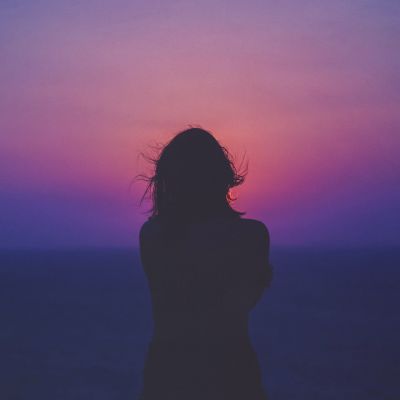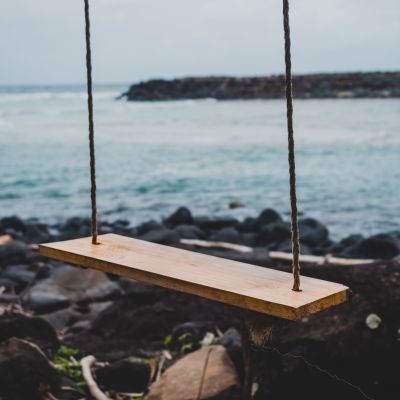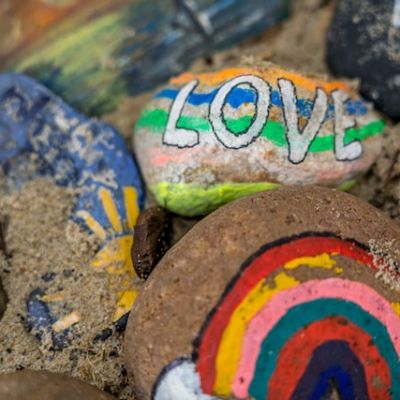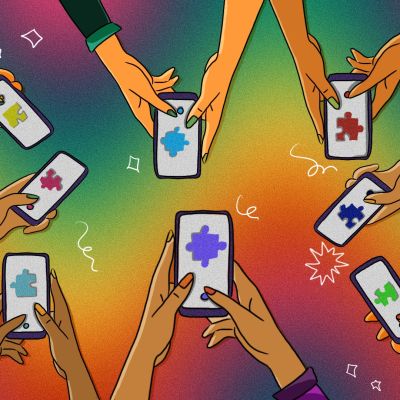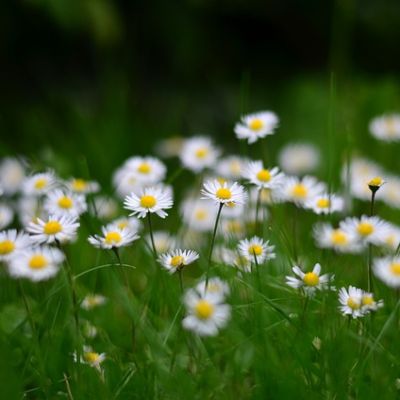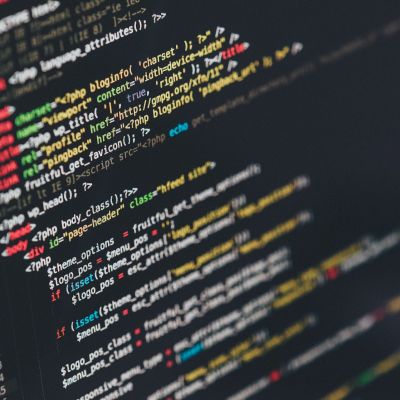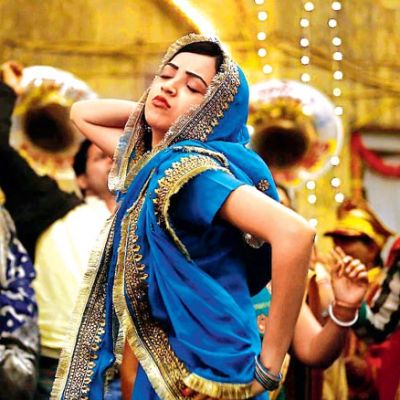accessibility
This article explores how women are constructed as a ‘space’ manufactured by men to seek comfort, but void of having any active agency or participation in that space itself. I seek to bring this out in this article by drawing a parallel between the nineteenth century ‘Bharat Mata’ (Mother India) and the depiction of the twenty-first century ‘heroine’ in Bollywood movies.
As a 17 year old who grew up in a relatively liberal Indian household, I should probably be proud of…
This awareness of the status ascribed to women – the status of being the objects of men’s desires – affects every aspect of a woman’s life. Desire then, in particular, becomes an aspect of a woman’s life where navigation becomes tricky.
This awareness of the status ascribed to women – the status of being the objects of men’s desires – affects every aspect of a woman’s life. Desire then, in particular, becomes an aspect of a woman’s life where navigation becomes tricky.
Many disabled people in India live with their parents and any expression of sexuality is suppressed as a rule within the confines of their homes. Sexual desires of persons with disabilities are seldom a priority issue for families or civil society. More is said through silence than words. Be grateful that you are alive. Isn’t that enough?
I thought of myself as a feminist activist much before I formally entered the development sector space. I participated in…
There are many ways to be queer. Apart from the fact that queerness encompasses a wide variety of sexual expression,…
What does belonging, then, look like in urban India for people from different social, economic and political backgrounds?
Pandemics have a profound psychological impact. They are known to disrupt one’s sense of safety, security, certainty, control, concordance, and…
“City-living gave me talons and claws, but now I want to put those away. I want something else. I want softness. I want grass under my feet. I want the fist in my stomach to slowly unclench. I want the garden of my childhood to get lost in play while letting sunlit hours pass over to rosy dusk.”
“City-living gave me talons and claws, but now I want to put those away. I want something else. I want softness. I want grass under my feet. I want the fist in my stomach to slowly unclench. I want the garden of my childhood to get lost in play while letting sunlit hours pass over to rosy dusk.”
I see people and places,
Couples and crushes
I hear giggles and whispers.
These are the secrets untold to me.
We had gathered to [discuss] digital self-determination for people with disabilities… focusing on its core component: the self. How can I be myself in digital spaces? What gives me more of a sense of self in these spaces? How can design, technology and policy contribute to helping me determine myself in digital spaces?
Accessibility begins with access, enabled or denied, to concepts and ideas. At the core, beyond the architecture of the real and virtual worlds, it is about the architecture of the ways in which this access is broadened, to not only accommodate, but to nurture, the myriad expressions of human minds and bodies.
Expanding contexts give the word ‘movement’ different meanings and value. Physical, conceptual, technological, relationship, emotional, mental, power, knowledge, ability, access, may be amongst the contexts immediately identified.

